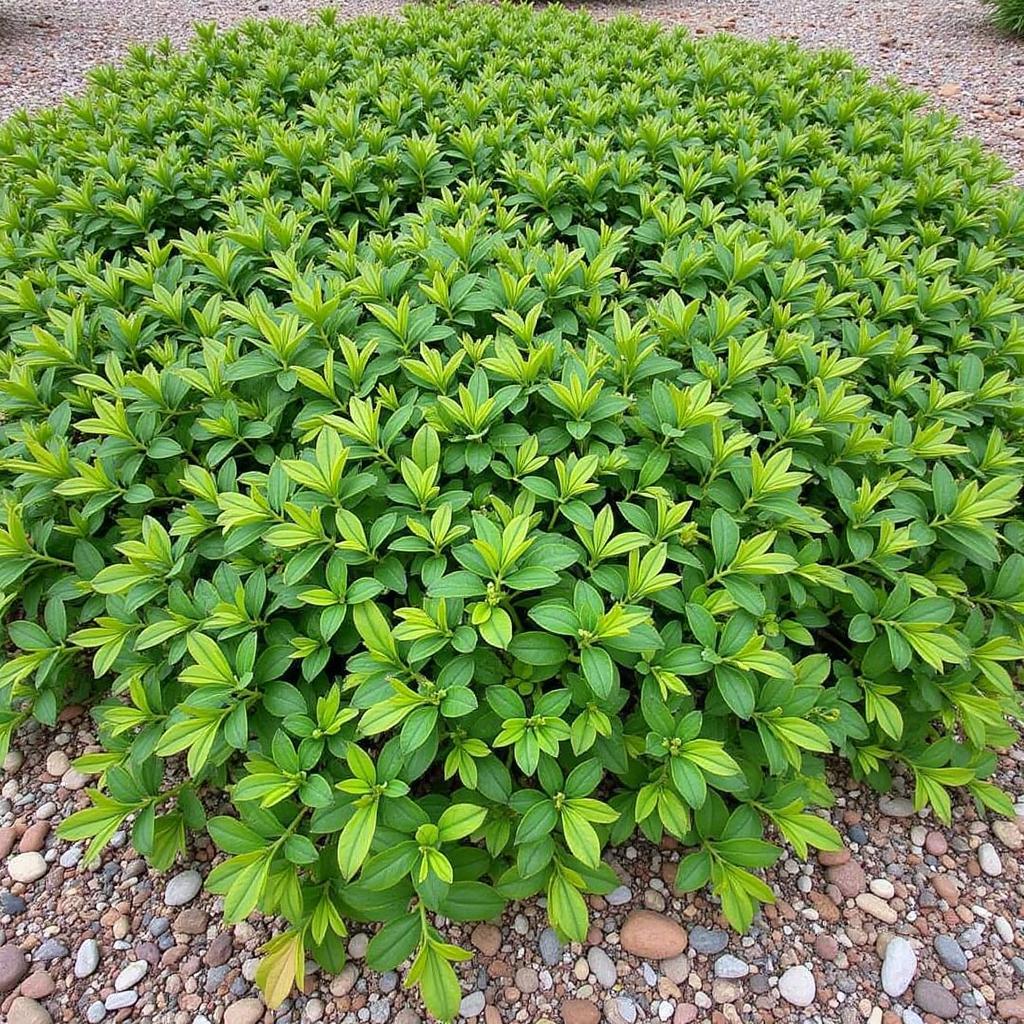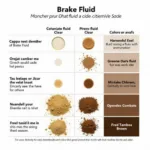Does jasmine grow in Colorado? The short answer is, it depends. While Colorado’s climate isn’t ideal for the classic, fragrant jasmine most people envision, you can still cultivate certain varieties with proper care and planning. This article will explore the challenges and possibilities of growing jasmine in Colorado, offering tips and advice for successful cultivation.
Understanding Jasmine and Colorado’s Climate
Colorado’s climate presents significant challenges for jasmine, a plant that thrives in warm, humid environments. The state’s high altitude, dry air, and intense sunlight can stress these delicate plants. Winter frosts are particularly detrimental, as most common jasmine varieties are not frost-hardy. However, with strategic planning and the right variety, you can achieve success.
Choosing the Right Jasmine Variety for Colorado
Selecting the right jasmine variety is crucial for success in Colorado. While common jasmine (Jasminum officinale) might struggle, hardier varieties like winter jasmine (Jasminum nudiflorum) offer a better chance of survival. Winter jasmine is a deciduous shrub that can tolerate colder temperatures and requires less humidity. Another option is the Asian Star Jasmine (Trachelospermum asiaticum), a groundcover known for its resilience and adaptability.
Winter Jasmine: A Cold-Hardy Option
Winter jasmine, a vibrant yellow-flowering shrub, is a great choice for Colorado gardens. It blooms in late winter or early spring, adding a splash of color to the landscape. While it can tolerate some frost, providing winter protection, especially for young plants, is recommended.
Asian Star Jasmine: A Versatile Groundcover
Asian Star Jasmine is a non-climbing variety that thrives in well-drained soil and full sun. It offers fragrant white flowers and is relatively low-maintenance. While not a true jasmine, it shares similar characteristics and is a more suitable option for Colorado’s climate.
Tips for Growing Jasmine in Colorado
Even with the hardiest varieties, specific care is essential for jasmine to thrive in Colorado.
- Location: Choose a sunny, sheltered spot that receives at least six hours of direct sunlight per day. Protection from harsh winds and afternoon sun is crucial, especially during summer.
- Soil: Well-drained soil is vital to prevent root rot. Amend heavy clay soils with compost or other organic matter to improve drainage.
- Watering: Water deeply but infrequently, allowing the soil to dry out between waterings. Overwatering can be detrimental.
- Fertilizing: Feed jasmine in spring with a balanced fertilizer to encourage healthy growth and blooming.
- Winter Protection: Mulch around the base of the plant in fall to protect the roots from freezing temperatures. Consider covering the plant with burlap or a frost blanket during periods of extreme cold.
Protecting Jasmine During Winter Months
Colorado winters can be harsh, so providing adequate winter protection is crucial. Mulching, covering, and even bringing potted jasmine indoors can help them survive the cold.
 Asian star jasmine groundcover in a Colorado landscape
Asian star jasmine groundcover in a Colorado landscape
Troubleshooting Common Jasmine Problems in Colorado
Despite your best efforts, jasmine in Colorado may still encounter some challenges.
- Yellowing leaves: This can indicate overwatering, underwatering, or nutrient deficiencies. Adjust watering practices and consider soil testing.
- Lack of blooms: Insufficient sunlight, improper pruning, or lack of nutrients can affect blooming. Ensure the plant receives adequate sunlight and prune after flowering.
- Pest and disease problems: Monitor plants regularly for signs of pests or diseases. Address any issues promptly with appropriate treatment.
Addressing Yellowing Leaves on Jasmine
Yellowing leaves can often be a sign of stress. Check the soil moisture, ensure proper drainage, and consider adding fertilizer.
Conclusion
While growing jasmine in Colorado presents challenges, it’s not impossible. Choosing the right variety, providing adequate care, and taking protective measures can increase your chances of success. With patience and diligence, you can enjoy the beauty and fragrance of jasmine in your Colorado garden. Does jasmine grow in Colorado? With the right approach, absolutely!
FAQ
- What is the best jasmine variety for Colorado? Winter jasmine and Asian Star Jasmine are good choices.
- How do I protect jasmine in Colorado during winter? Mulch, cover, or bring potted plants indoors.
- What causes yellowing leaves on jasmine? Overwatering, underwatering, or nutrient deficiencies.
- When should I fertilize jasmine in Colorado? Fertilize in spring with a balanced fertilizer.
- Does common jasmine grow well in Colorado? No, common jasmine is not well-suited to Colorado’s climate.
- What kind of soil does jasmine prefer? Well-drained soil is essential for jasmine.
- How often should I water jasmine in Colorado? Water deeply but infrequently, allowing the soil to dry between waterings.
Common Situations and Questions
- My jasmine isn’t blooming. What should I do? Ensure it receives enough sunlight and prune after the blooming season.
- The leaves on my jasmine are turning yellow. What’s wrong? This could be overwatering, underwatering, or nutrient deficiencies. Adjust watering and consider a soil test.
- Can I grow common jasmine in a pot in Colorado? Yes, but it will require extra care and winter protection.
Further Reading
For more information, consider researching:
- Winter jasmine care
- Asian star jasmine cultivation
- Cold-hardy plants for Colorado
Need help with your jasmine? Contact us at Phone: 0373298888, Email: [email protected], or visit us at 86 Cầu Giấy, Hà Nội. Our customer service team is available 24/7.
